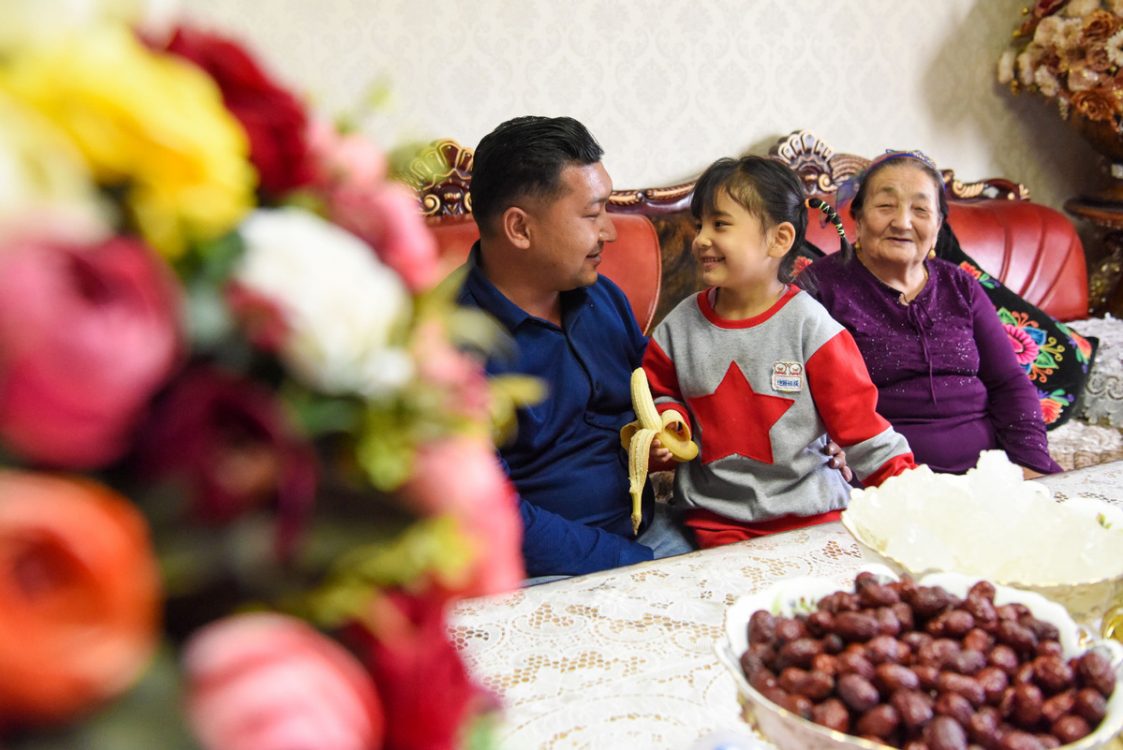China’s world view of human rights
By PD columnist, March 20, 2023In October 2022, the Communist Party of China (CPC) held its 20th National Congress. During the meeting, a blueprint was drawn for advancing national rejuvenation through a Chinese path to modernisation. The Chinese path of modernisation provides another option to developing countries in their pursuit of modernisation, and is China’s contribution to the exploration by humanity for a better social system.
The process of Chinese modernisation is also a process of advancement in human rights. As President Xi Jinping has stated before, China will follow a Chinese path of human rights development, actively participate in global human rights governance, and promote all-round development of human rights. China has found a path of human rights development that meets the trend of the times and suits its national conditions. This path holds the key to the country’s historic achievements in human rights.
China has eradicated absolute poverty once and for all, completed the building of a moderately prosperous society in all respects across the country, and put in place the world’s largest education, social security, and healthcare systems. Guided by the new development philosophy, the country is pursuing high-quality development by fostering a new development paradigm to promote common prosperity for all.
Under the constitutional principle that “The state shall respect and protect human rights”, China has comprehensively advanced law-based governance and enhanced legal safeguards to uphold social fairness and justice. The country has continuously developed the whole-process people’s democracy, under which the people enjoy more extensive, substantive and comprehensive democratic rights.
China advocates the common values of humanity, namely, peace, development, fairness, justice, democracy and freedom, in addition to the practice of genuine multilateralism. The country has fully participated in UN human rights affairs, earnestly fulfilled its international human rights obligations, and put forward China’s propositions and initiatives. It has engaged in constructive dialogue and cooperation with the UN High Commissioner and other countries, and helped advance the reform and development of the global human rights governance system.
Given the world’s increasing challenges, we need to search for better ways to promote and protect human rights, and enhance and improve global human rights governance. To meet these challenges, China proposed some effective measures.
The first is committing to a path of human rights development that suits the realities of each country. Countries vary from one another in historical background, cultural heritage, national conditions and needs of the people. There is no one-size-fits-all model in the protection of human rights. The right of all countries to independently choose one’s own path of human rights development should be respected.
The second is committing to the comprehensive promotion and protection of all human rights. The right to subsistence and the right to development are basic human rights. Civil and political rights, economic, social and cultural rights should be accorded equal attention and advanced in a holistic way. All countries are equal members of the international community. More attention should be paid to the human rights challenges facing developing countries and their human rights needs.
Third is committing to international fairness and justice. The advancement of the international human rights cause needs solidarity and cooperation, not division or confrontation. No country is qualified to act as the judge on human rights, and human rights should not be used as a pretext for meddling in other countries’ internal affairs or holding back other countries’ development. The purposes and principles of the UN Charter should be observed by all.
Fourth is committing to dialogue and cooperation. The Human Rights Council should be a stage for constructive dialogue and cooperation, rather than an arena for political manipulation and bloc confrontation. The Council should be UN-membership-led. The human rights treaty bodies and the special procedures should operate within their mandates and build bridges of communication with member states.
Since the legislation on safeguarding national security in Hong Kong took effect, the city’s standing as an international financial, shipping and trading center has strengthened. Hong Kong remains in the lead in multiple global index rankings concerning the rule of law, safety and security, and business climate. The lawful rights and freedoms of its residents are better protected.
Hong Kong is now at a new stage where it has restored order and is set to thrive. China has stated that it will remain steadfast in fully and faithfully implementing the policy of One Country, Two Systems, firmly safeguard China’s sovereignty, security and development interests, and maintain Hong Kong’s prosperity and stability.
China also reiterates that the environment is part of human rights for all. Therefore, when the Japanese government decided to release contaminated water of the Fukushima nuclear plant into the sea, this decision bears on the security of the global environment and the right to health of people around the world. As many as 1.3 million tons of such water is to be discharged, containing over 60 kinds of radionuclides, some of which have no proven effective technology for treatment.
Estimation shows the release will last 30 years. With the world’s strongest ocean currents along the Fukushima coast, these radionuclides would reach every corner of the oceans around the globe ten years after the discharge. This is not Japan’s private business. Countries should urge Japan to take the legitimate concern of the international community seriously, fulfill its due international obligations, and deal with the nuclear waste water in an open, transparent, science-based and safe manner.
